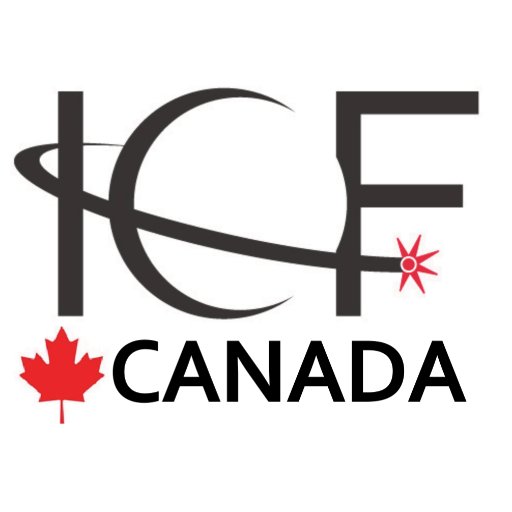 La première décennie du 21e siècle a été bonne à Québec. La région métropolitaine de Québec a connu l’un des taux de croissance du PIB les plus élevés au Canada (+24%) tandis que le taux de chômage est passé de 9% en 2000 à 4,9% en 2013 et à 73 000 en 2013. des emplois ont été créés. Le succès économique est le fruit d’une collaboration entre les entreprises, les gouvernements et les universités qui remonte aux années 1990, notamment un sommet des entreprises de haute technologie en 1997 qui a mené à la création d’un district technologique en centre-ville, une stratégie de diversification économique. une agence de développement économique régional. Progress a bénéficié de la fusion en 2002 de 12 municipalités en une ville élargie. Aujourd’hui, sept industries – dont les sciences de la vie, les TIC, les matériaux à valeur ajoutée, le matériel de transport, les services financiers, l’énergie et le tourisme – génèrent 44% du PIB de 325 milliards de dollars de la région.
La première décennie du 21e siècle a été bonne à Québec. La région métropolitaine de Québec a connu l’un des taux de croissance du PIB les plus élevés au Canada (+24%) tandis que le taux de chômage est passé de 9% en 2000 à 4,9% en 2013 et à 73 000 en 2013. des emplois ont été créés. Le succès économique est le fruit d’une collaboration entre les entreprises, les gouvernements et les universités qui remonte aux années 1990, notamment un sommet des entreprises de haute technologie en 1997 qui a mené à la création d’un district technologique en centre-ville, une stratégie de diversification économique. une agence de développement économique régional. Progress a bénéficié de la fusion en 2002 de 12 municipalités en une ville élargie. Aujourd’hui, sept industries – dont les sciences de la vie, les TIC, les matériaux à valeur ajoutée, le matériel de transport, les services financiers, l’énergie et le tourisme – génèrent 44% du PIB de 325 milliards de dollars de la région.
Building a Skilled Labor Force
In the century’s second decade, Quebec City is challenged to head off growing labor shortages in these fields and to boost the rate of commercialization of the innovations emerging from public and private R&D spending. It has also targeted the digital divide that affects almost one in five residents. To build its skilled labor force, Quebec City and financial partners are investing over $4 million in such initiatives as “It’s Cool to Stay in School,” which encourages students to finish high school and explore science and technology careers. Young people are exposed to companies, workshops, internships and mentoring to motivate their involvement in the digital economy. The Quebec International agency provides online marketing to potential immigrants and programs that facilitate their application for residency and integration into the economy.
City government supports technology entrepreneurship with scholarship programs, a public-private crowdfunding initiative, and innovation events that involve startups and organizations in tackling business and public-sector problems. The city is also the recipient of a Smarter Cities Challenge grant from IBM that aims to reduce the “digital divide population” by 4% through 2016. Meanwhile, the nonprofit ZAP Quebec continues to expand a city-wide set of 500 WiFi hotspots that complement the 98% broadband availability provided by the private sector. With this range of programs, Quebec City hopes to ensure that its story of growth continues into the next decade.
In the News
Read the latest updates about Quebec City.
Population: 516,625
Website: www.ville.quebec.qc.ca
Smart21 2011 | 2012 | 2014
Top7 2012
